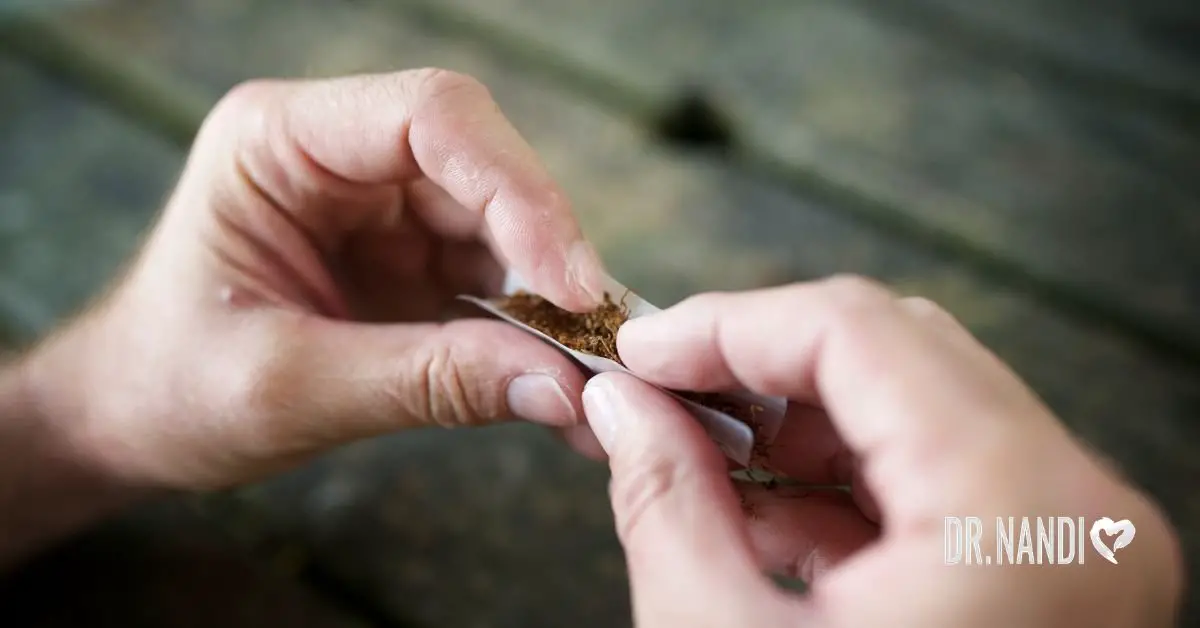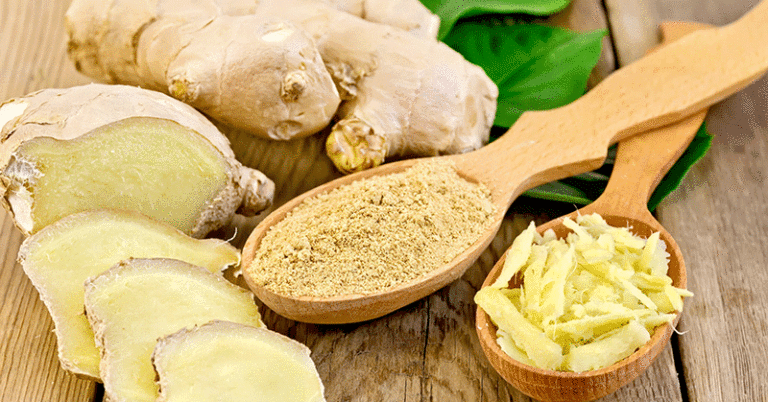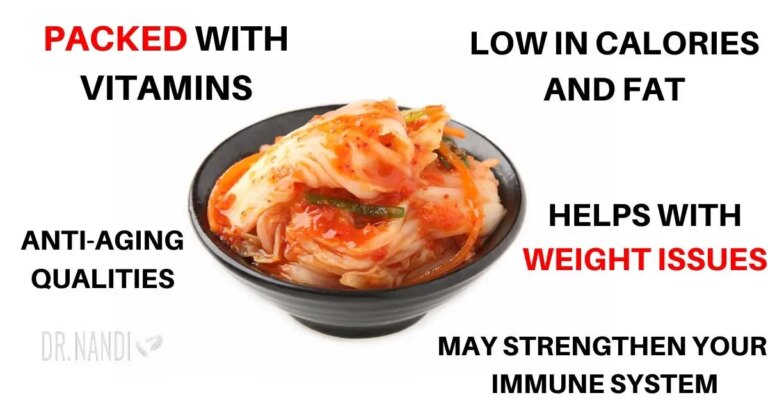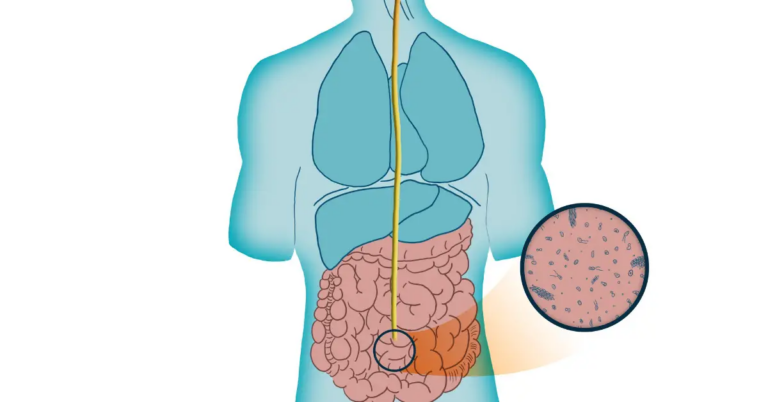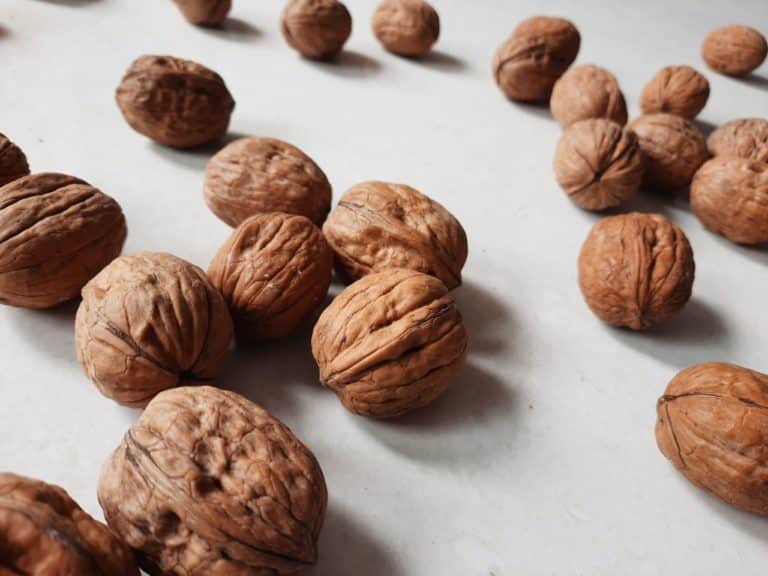A panel of chemists, psychiatrists, and pharmacologists sought to develop a rational scale to assess the harm and potential misuse of drugs and listed the top five most addictive substances in the world. Some of these substances are legal, so it’s important to know the risks.
The Five Most Addictive Substances In The World
Perhaps unsurprisingly to many, heroin was ranked as the most addictive substance known to man. Studies conducted on animals have shown this opiate can increase dopamine levels in the brain by up to 200%. In the United States, heroin use is, unfortunately, on the rise and so are heroin-related overdose deaths.
The second most addictive substance is cocaine. Animal research found that cocaine can increase dopamine levels in the brain by more than 3 times the normal rate.
In slot number three is nicotine. In the United States, more people are addicted to nicotine than any other drug. It is found naturally in tobacco, which is why smoking cigarettes is so addictive. This can be especially damaging to your health because tobacco smoke contains over 7,000 chemicals and around 70 of them can cause cancer.
Fourth on the list is barbituates. These are commonly known as ‘downers’ and can cause a euphoric effect. High doses can suppress breathing, which can be deadly.
Last on the list could surprise you. Alcohol came in at slot number five. Research on animals shows alcohol can increase dopamine levels in the brain between 40% and 360%. Dopamine levels increase with each drink.
How Can I Avoid Addiction?
Dopamine is the pleasure chemical of the brain, so it makes sense that someone may seek out ways to increase their amount. Drug addiction is very complex and can result from a myriad of life factors. Here are some recommendations for avoiding addiction:
- Mental Health – Drug abuse often goes hand in hand with mental health concerns like depression, anxiety, or PTSD. Seek out the help of a mental health professional instead of coping with drugs.
- Alternatives – Find alternatives to drugs as a way to unwind or ease stress such as exercise, a hobby, time with friends, or caring for others. Learning to handle the pressures of everyday life can be challenging, but drugs are not the answer.
- Avoid Illicit Drugs – It’s best to stay away from illegal substances and be careful not to misuse or abuse prescription drugs.
- Communication – If you have teenagers, take to them openly and honestly about drugs. The best way to help your kids avoid addiction is through communication.
Getting Help For An Addiction
Treatment is available for addiction. Here are some options:
Drug Addiction Treatment
Anyone struggling with addiction can find help. Substance abuse treatment can save lives. Get in touch with a professional if you need help.
There are many types of drug addiction treatment programs, and the best one depends on your unique situation. Here are a few examples of common addiction treatment programs:
- Inpatient Rehabilitation Programs – These programs provide comprehensive addiction treatment in a residential setting. The facility offers round-the-clock care for patients.
- Outpatient Treatment Programs – Outpatient substance abuse programs allow patients to live at home while attending treatment during the day. As opposed to inpatient programs, these programs are typically less intensive.
- Support Groups – Narcotics Anonymous can provide valuable peer support and motivation to stay substance-free.
- Individual Therapy – A licensed therapist can assist in addressing addiction-related issues.
Alcohol Addiction Treatment
Help is available for those suffering from alcohol addiction. Rehab for substance abuse may help people live. Don’t be afraid to seek expert aid if necessary.
The most optimal alcohol addiction treatment program for you will depend on numerous individualized factors. Some common examples of alcohol addiction treatment programs are as follows:
- Detox and withdrawal – Treatment might begin with a medically managed withdrawal, usually taking 2 to 7 days. This process is sometimes called detox. You may need to take medications to help you relax to prevent withdrawal symptoms. Detox is often completed in an institution or hospital for people who require 24-hour care during this difficult time.
- Developing new skills and establishing a treatment plan – The alcoholic usually goes through an alcohol treatment program. It may include setting goals, behavior change approaches, self-help books, counseling, and follow-up care at a treatment center.
- Psychological counseling – At its core, counseling, and therapy for groups or individuals help you better understand your problem with alcohol. This understanding allows you to recover from the psychological aspects of alcohol use. In some cases, couples or family therapy may be beneficial — family support can play a crucial role in recovery.
- Continuing support – Aftercare services and support groups assist those recovering from alcohol use disorder in quitting drinking, monitoring returns, and dealing with life adjustments. Medical or psychological treatment, as well as attending a support group, are examples of this.
- Treatment for psychological problems – If you have an alcohol use disorder, you may be suffering from any number of mental health problems. You will probably benefit from talk therapy (psychotherapy), medication, or other kinds of treatment if you have an alcohol use disease.
- Medical treatment for health conditions – When you quit drinking, most alcohol-related health problems improve considerably. However, some medical issues may require continuing treatment and follow-up care.
- Spiritual practice – Some factors make it simpler to recover from alcoholism, such as being involved in spiritual practice. People recovering from alcohol use disorder or other addictions may find practicing their religion easier. Understanding their spiritual side is an essential component of recovery for many people.



